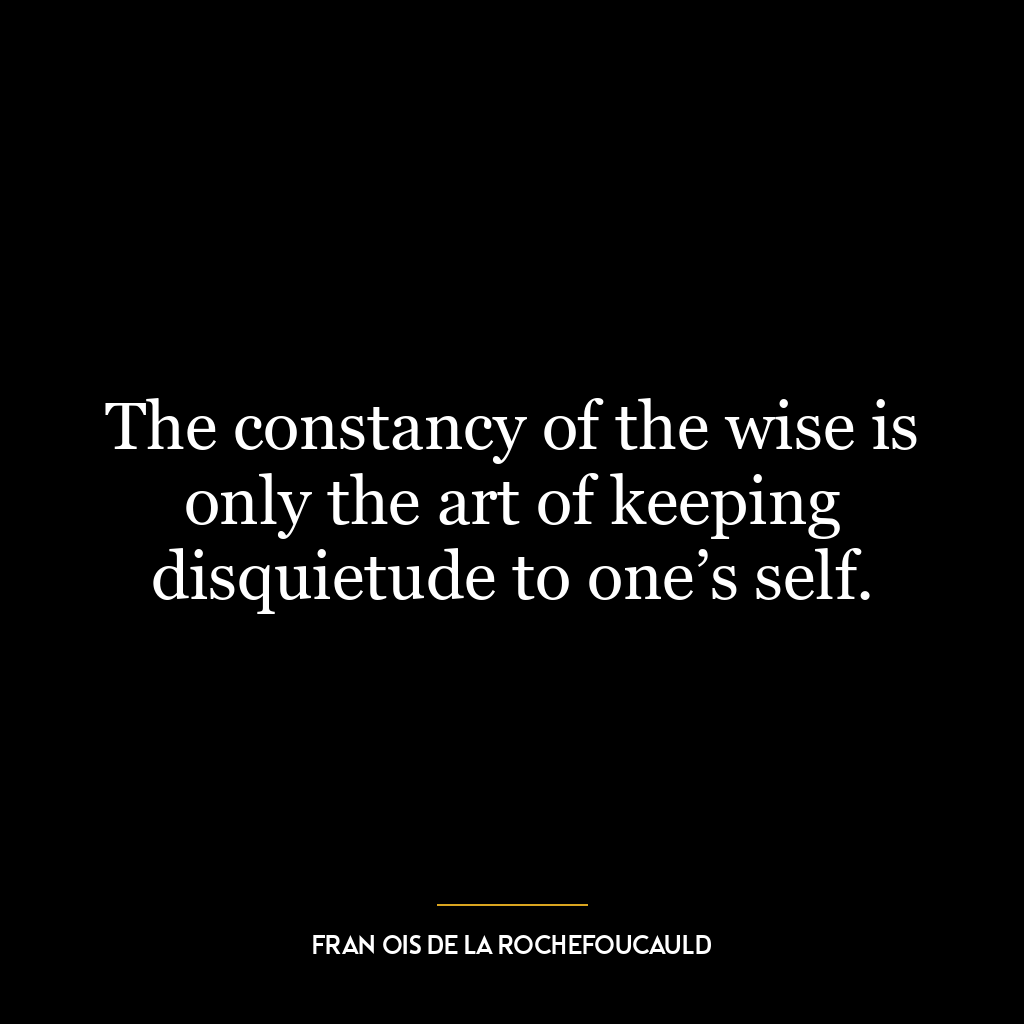The true gentleman does not preach what he practices till he has practiced what he preaches.
This quote essentially emphasizes the importance of integrity, sincerity, and authenticity. The idea is that a true gentleman, or one could say a person of good character, does not preach or advocate for certain behaviors, values, or principles that they themselves do not practice. It is a call to personal responsibility, consistency, and authenticity, suggesting that one’s actions should align with their words.
In essence, it means that before attempting to guide or advise others, one must first ensure that they themselves are following the path they are advocating. This is a powerful reminder that our actions speak louder than our words, and that we are most convincing and influential when we lead by example.
Applying this idea in today’s world or in personal development would mean embodying the values, attitudes, and behaviors that you advocate for. For instance, if one is advocating for honesty, they should themselves be honest in their dealings. If one is promoting hard work, they should be hardworking themselves. It means that one should not be hypocritical, advocating for something while doing the opposite.
In the context of personal development, it means that you should first implement the changes you want in your life before advising others to do the same. For instance, if you are promoting a healthy lifestyle, you should first adopt that lifestyle yourself. This not only makes you more credible, but it also gives you a better understanding of the challenges and benefits involved, making your advice more realistic and effective.
In the context of leadership, it means leading by example. A leader cannot expect their team to be punctual if they are always late, or to work hard if they are lazy. By practicing what they preach, leaders can inspire their team and command respect.
Overall, this quote is a reminder that true integrity lies not in what we say, but in what we do. It is a call to be authentic, consistent, and responsible in our actions.









